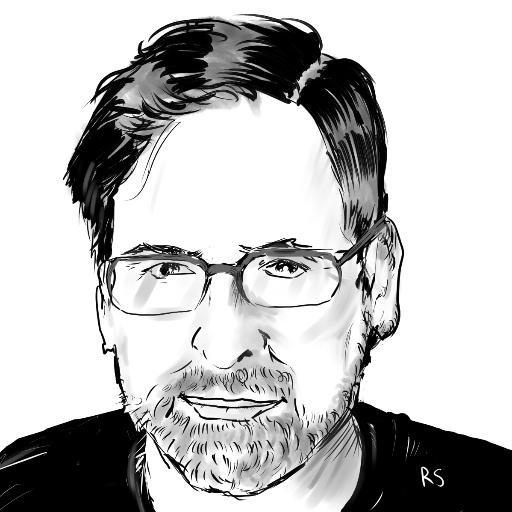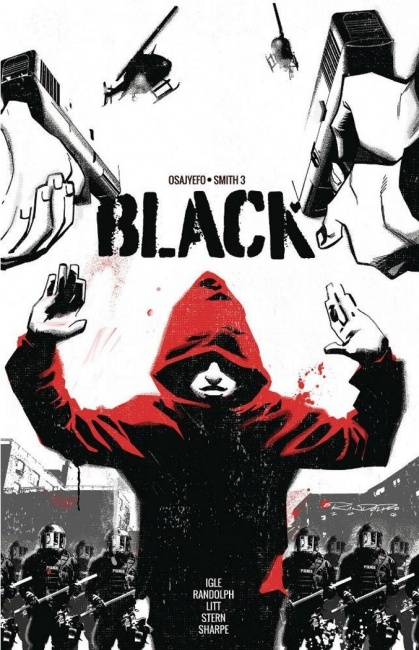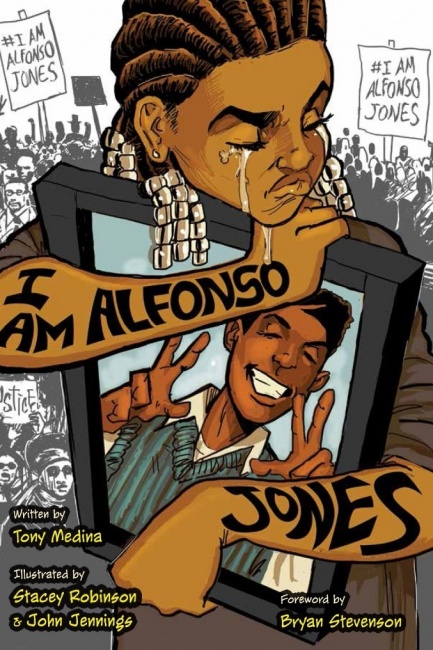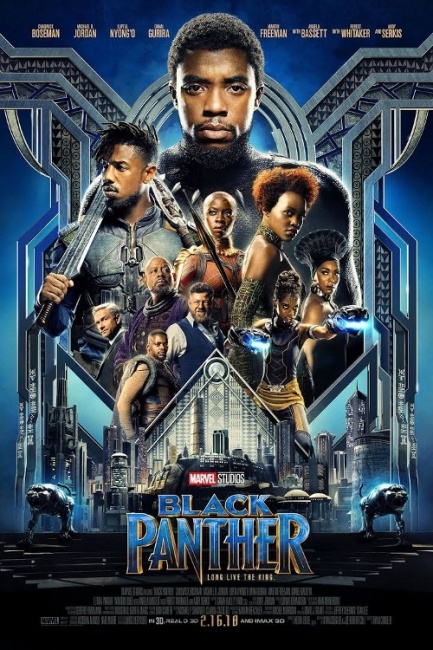This MLK Day, we can celebrate a comics culture that is more inclusive of African-American creators, content, publishers, scholarship and events than ever before, but one that is achieving that progress in the face of treacherous cultural forces that are still separating some really great comics from a larger potential audience.
The black comics renaissance. This weekend in New York, the Schomburg Center for Research in Black Culture hosted this year’s Black Comic Book Festival, celebrating African-American scholarship and creativity in the medium of graphic literature. It got a write-up in the New York Times. Today there’s another major event, the Black Comix Arts Festival, in San Francisco, attracting a host of top talent and fans. Tonight, The CW will premier Black Lightning, its latest DC-based superhero show featuring the first black DC superhero to star in his own series back in the mid-70s. And of course all of fandom is coiled in anticipation for the big-screen debut of Marvel’s The Black Panther, which is already surpassing Captain America: Civil War for ticket presales.
In publishing, on Friday, Abe Riesman at Vulture profiled a clutch of upstart comics publishers including Lion Forge and Black Mask Studios, who have made racial inclusiveness a core pillar of their missions, and who do not shy away from stories that overtly address racial issues, as in the Black Mask series Black. Over the weekend, DC Comics announced a new prestige format title by John Ridley titled The Other History of DC Comics, which will reportedly explore canonical events in DC history from the perspective of "DC Super Heroes who come from traditionally disenfranchised groups."
On the surface, it would appear that the comics industry is finally making some genuine, organic progress on racial issues, opening the doors for more black creators, black-owned publishers, and black-themed content, beyond token reboots and rebranding of legacy characters. There are more than a dozen other examples at all levels of the industry, from corporate comics down to the most grass-roots Kickstarted indie projects, that demonstrate a clear step forward from where things were as recently as 3-4 years ago, even if we are still a long way from the mountaintop.
Progress in the face of headwinds. Unfortunately, every step forward comes with backlash. Some of it is caused by publishers who don’t know how to market and promote diverse content without making a spectacle of the diversity or else ghettoizing it as a niche special interest, both of which minimize the content itself. The larger problem, however, is the polarization of the audience.
We’ve gotten to the point where there’s a small, angry group that sees books marketed on the basis of diversity and immediately starts deriding the project as being part of the "SJW agenda" or some other nefarious movement, without any consideration of the books on the merits. These folks are noisy beyond their numbers, and can be downright scary as online bullies. They have some political winds at their backs that have diminished the social cost of being seen as an out-and-out racist, and some appear to be on a crusade to turn the whole concept of social justice into some kind of slur.
The strident minority of haters overlaps with some traditional old-time comic fans who have less toxic but nonetheless strongly-held views that diversity for the sake of diversity is unnecessarily politicizing entertainment. They may see a comic that is striving for greater representation of marginalized groups and just assume "this is for them, it isn’t for me" – because obviously, it can’t be both now, can it?
This isn’t just a social issue; it’s also a business problem. Last year, Marvel got a taste of what it’s like to be whipsawed between its desire to do right by the new norms of diversity and inclusion, and the imperative to sell to its shrinking base of aging, traditionalist fans.
That zero-sum view of the world, where all art has to be reduced to an us-vs-them ideology, cuts a lot of fans off from good comics. It makes it easy to dismiss work like Black, the politically-charged series by Kwanza Osajyefo and his collaborators that imagines a world where only black people have superpowers, as pure propaganda rather than the well-executed and original superhero story that it is.
It’s what makes some readers think they might have nothing to learn from Tony Medina’s stunning graphic novel I Am Alfonso Jones, which tackles the long history of police violence against minority communities, because it is aligned with the objectives of Black Lives Matter.
Diverse compared to what? The anxiety around the politics of diversity might be a little easier to swallow if there were some recognition that "mainstream" comics discourse has always been racially loaded and biased in its own way, not some neutral standard against which current diversity-oriented work can be judged. For most of its 80-year history, American superhero comics have catalogued a range of cultural and racial anxieties almost exclusively from the point of view of white society and white creators, particularly in their attempts to depict characters of color. That only reads as "normal" if you as a reader fall within the set of norms being addressed.
Over the past decade, media and publishers – still overwhelmingly white and male in their management – have tried to redress this. There are more black artists and writers making comics professionally, greater diversity of characters being represented, more creators of color generally able to build a fanbase via social media, and plenty of criticism coming from scholars and online sites with diverse perspectives. That’s all real and it’s all good.
Unfortunately, as long as any honest discussion of race or racism is seen as part of one side of an implacable political debate, and the identity of some fans is tied up in being "anti-SJW" and "non-PC," then it’s going to be very difficult for some of this material to reach the market it deserves on the basis of its craft and quality. And that, ultimately, may scare publishers, retailers and others on the business side away from it.
That said, I’ll bet a lot of haters buy tickets to Black Panther, and hopefully a couple of them will realize that maybe they don’t need to be scared of what’s going on elsewhere in the industry when it comes to Afrocentric content.
Hey, a guy can dream.
Happy MLK Day!
The opinions expressed in this column are solely those of the writer, and do not necessarily reflect the views of the editorial staff of ICv2.com.
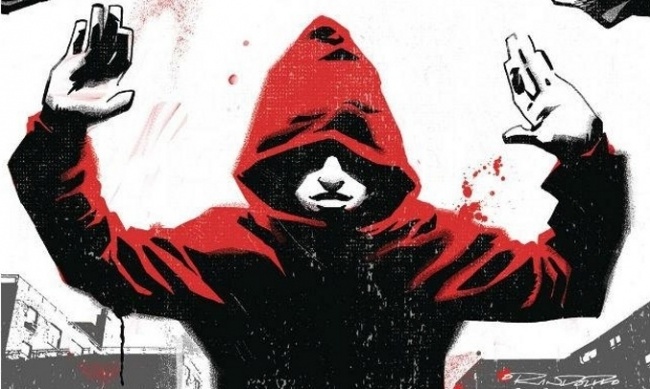
Column by Rob Salkowitz
Posted by Rob Salkowitz on January 16, 2018 @ 4:33 am CT



